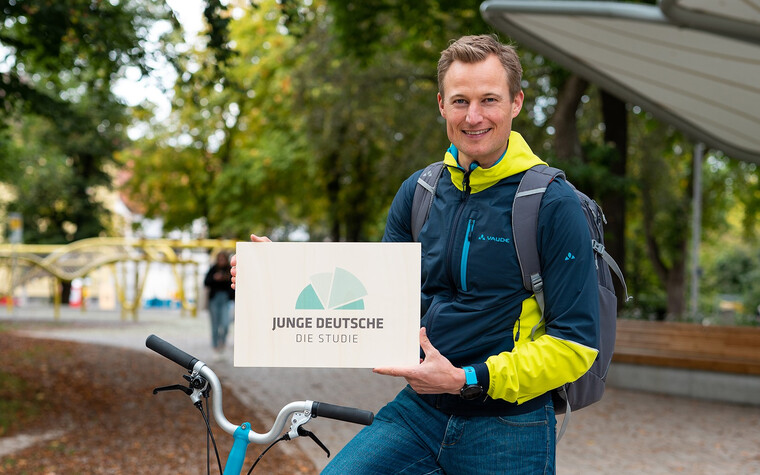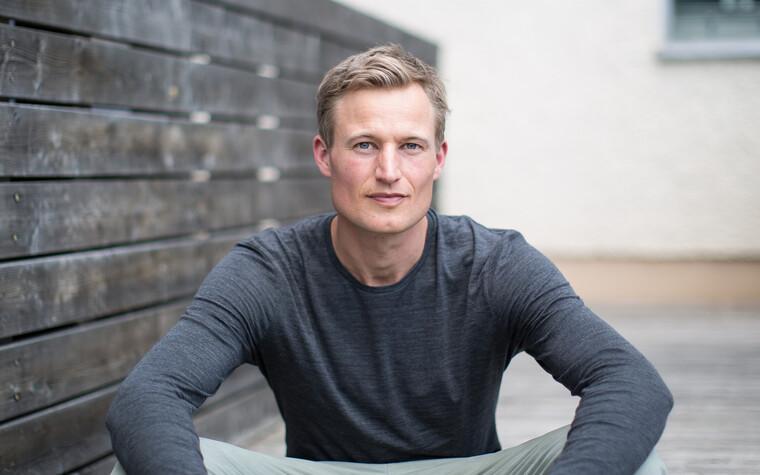

Youth & Future: Three questions for Simon Schnetzer
- Simon Schnetzer, Youth Researcher
Mr. Schnetzer, you have been observing what makes young people tick and what moves them for many years. Your most recent trend study "Youth in Germany" from summer 2022 is entitled "Youth in permanent crisis mode - climate, war, Corona". What are the biggest changes you see compared to the time before war and Corona?
The superimposition of crises puts an enormous psychological strain on young people, especially because the pandemic situation meant that maintaining friendships and hobbies was only possible under more difficult conditions. For many, health meant a healthy lifestyle, beauty and fitness. Now, because of the pandemic, health is a ubiquitous megatopic influencing all decisions.
Another significant change is the enormous importance of money. Young people are afraid that they will no longer be able to afford a life of relative prosperity: housing is too expensive, savings accounts are no longer worthwhile and the pension system is broken. In combination with the loss of faith in a secure future, it is only logical that young people demand more money for less work in order to be able to combine work and life - also in order to be able to make up for the missed youth of the pandemic years.
The fluctuation rate among young employees is much higher than among older employees. What potential is there in employee retention with regard to the younger generation and what factors are often ignored?
Relationships and loyalty develop between people and not on the basis of contracts. In this respect, employers would do well to facilitate meetings between potential candidates and the team as low-threshold as possible and to accompany young people in their professional orientation. The better the expectations match reality, the lower the fluctuation.
Another aspect that is often neglected is the clear focus on "fun at work". Employers should always ask their team what they can do to make work more fun and work on it together. Incidentally, what also leads to more fun is the experience of self-efficacy. For example, when customer feedback is not only received at the reception desk, but through special opportunities directly by the employees, who thereby experience the impact of their work.
Not least because of the pandemic, the topic of health has also taken on a new significance among young people. Wi ow should employers in tourism respond to this?
Currently, about 50% of 14- to 29-year-olds suffer from stress and almost a third experience depression. It is particularly important to ask young people how they are feeling. It often helps if they realize that they are in a difficult situation and that this is not simply ignored. If you want to help, you can sponsor a course for young people; for example about stress management.
Kleinwalsertal is an unbelievably powerful and diverse region that offers great career prospects as well as brilliant opportunities for balance and further education, especially for stressed young people. This treasure is now worth more than ever.

